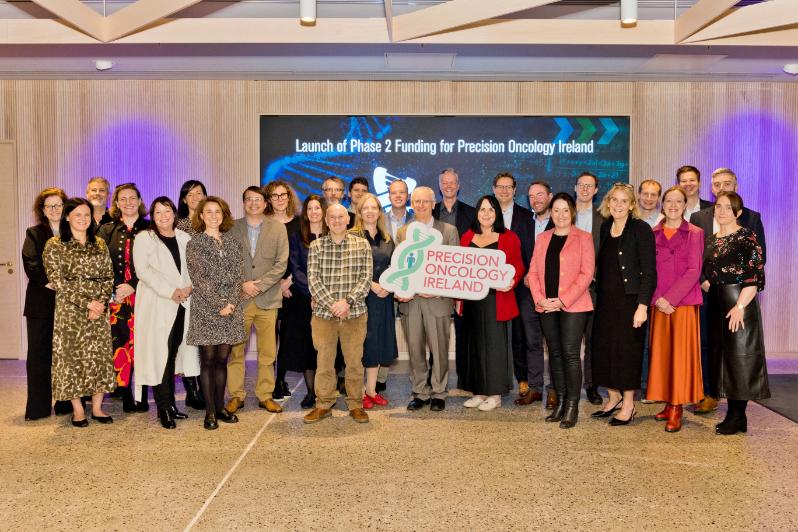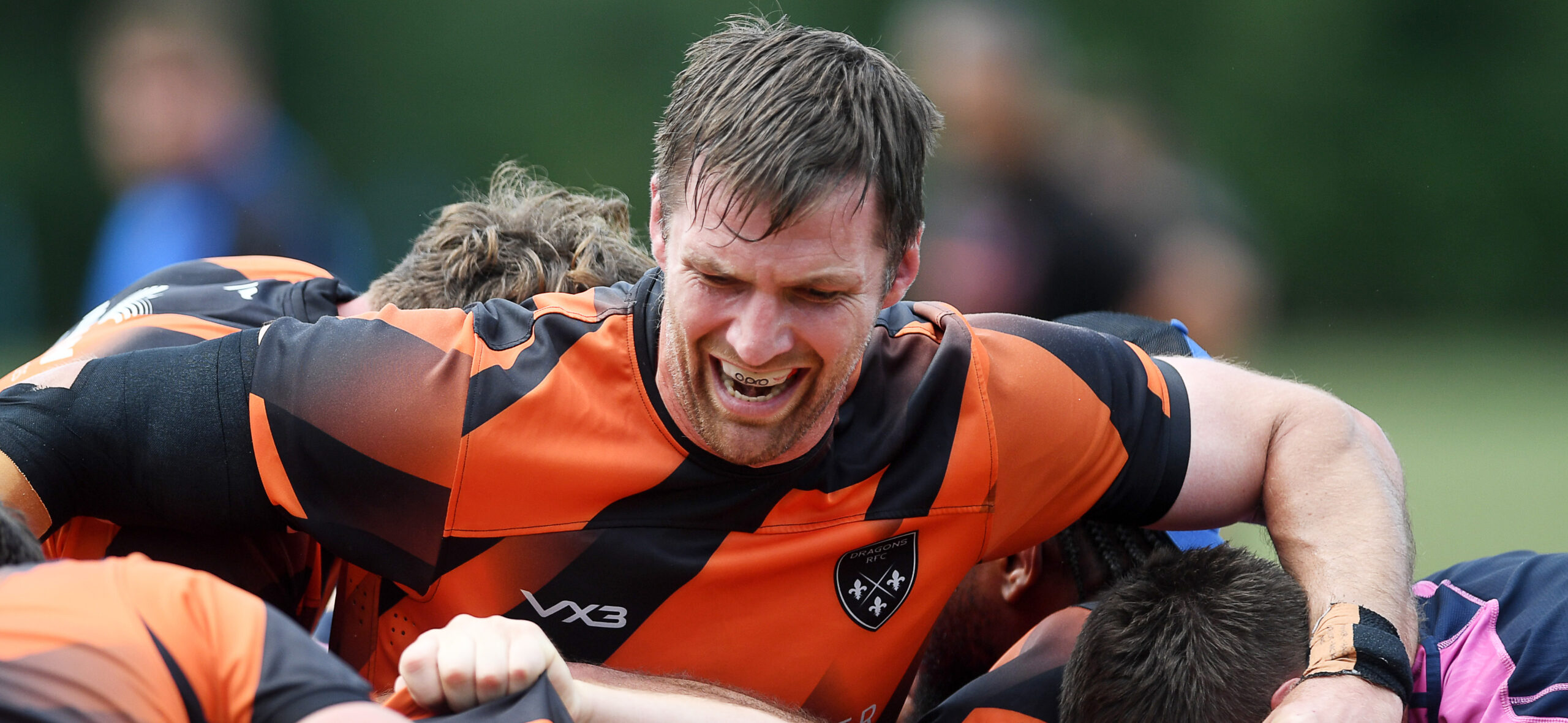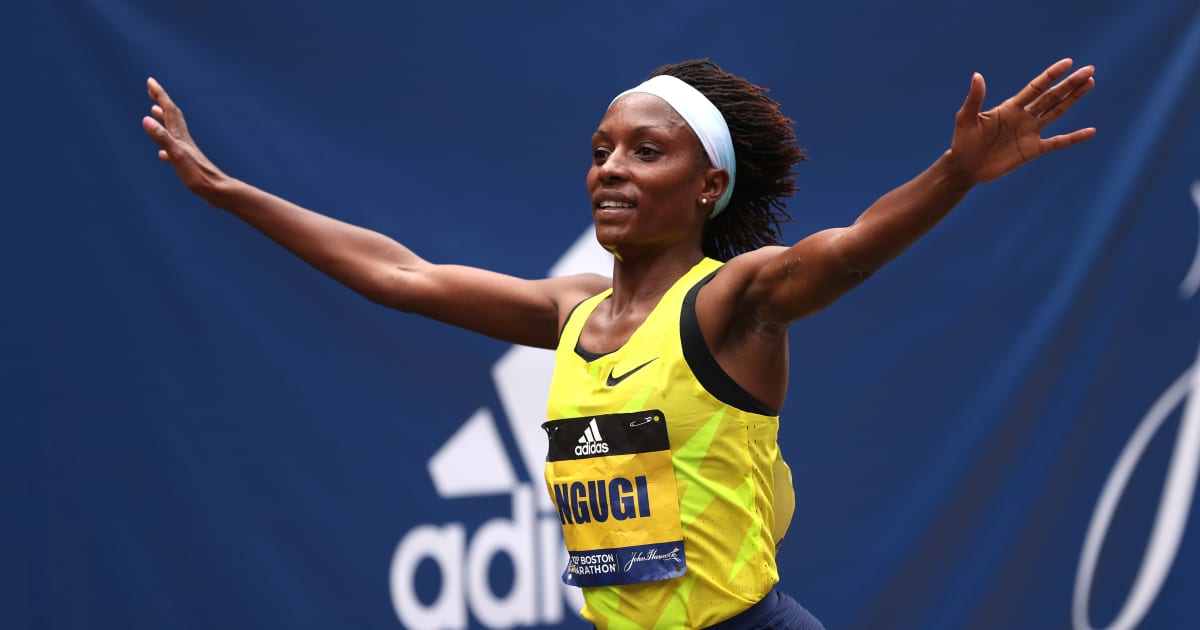The growth of interest in women’s rugby rocketed on SuperSport’s dedicated RWC channel as part of its Here for Her campaign, according to data just released.
The Springboks defeated Brazil and Italy in…
The growth of interest in women’s rugby rocketed on SuperSport’s dedicated RWC channel as part of its Here for Her campaign, according to data just released.
The Springboks defeated Brazil and Italy in…

The European Commission and the European Data Protection Board (EDPB) have launched a public consultation to gather feedback on draft guidelines on the interplay between the Digital Markets Act (DMA) and the General Data Protection Regulation (GDPR).
The guidelines will aid companies to interpret and comply with the two sets of rules and the points in which they intersect. This includes provisions in the DMA on the combination and portability of users’ data, which involve processing personal data and therefore require compliance with GDPR. Also, the DMA foresees alternative app stores and distribution channels for apps, for which gatekeepers may put in place strictly necessary and proportionate measures that must also comply with GDPR.
This collaboration, which started in September 2024, aims to improve legal clarity and certainty for businesses in the EU, while ensuring the effectiveness of both sets of rules. The two sets of rules will be applied coherently, in full respect of the distinct competences of each body.
Interested parties have until 4 December 2025 to submit their input.
Following the assessment of the feedback collected, the final Guidelines will be adopted in 2026.
After the closing of the consultation, all submissions will be published on the DMA website to which a link will be included on the EDPB website.

Announced by…

Dragons RFC can today confirm that second row Steve Cummins has joined Scarlets Rugby on a short-term loan agreement.
Cummins, 33, has made six appearances for the Men of Gwent since joining the club in 2024.
The Australian lock links-up…

L’OCCITANE Travel Retail has reintroduced the Maison L’Occitane en Provence fragrance collection, debuting at global airports this October.
The brand’s fragrance relaunch features 14 classic scents, combining bestsellers and new creations…

FILE PHOTO: Cans of Pepsi are seen at the PepsiCo Walkers factory in Leicester, Britain, August 14, 2024.
Hollie Adams | Reuters
PepsiCo on Thursday reported quarterly earnings and revenue that beat analysts’ expectations, as international growth offset another quarter of declining volume in North America.
Here’s what the company reported for its fiscal third quarter compared with what Wall Street was expecting, based on a survey of analysts by LSEG:
Pepsi reported third-quarter net income attributable to the company of $2.6 billion, or $1.90 per share, down from $2.93 billion, or $2.13 per share, a year earlier.
Excluding items, the company earned $2.29 per share.
Net sales rose 2.6% to $23.94 billion. Stripping out acquisitions, divestitures and foreign exchange, Pepsi’s organic revenue increased 1.3% in the quarter.
However, the Frito-Lay and Gatorade owner is still seeing softer demand for its products. Pepsi’s worldwide volume for both food and drinks fell 1% during the quarter. The metric strips out pricing and foreign exchange changes.
In particular, Pepsi has struggled in its home market in recent quarters, leading the company to invest back into its brands and to explore cost-cutting measures.
Pepsi Foods North America, which includes brands like Doritos, Quaker Oats and Pearl Milling, reported that its volume fell 4% in the fiscal third quarter. And Pepsi’s North American beverage unit saw volume shrink 3%, although CEO Ramon Laguarta noted “improved momentum” in the business.
The company also reiterated its full-year outlook. It still expects its core constant currency earnings per share to be roughly unchanged from the prior year and organic revenue to grow by a low single-digit percentage.
Pepsi also announced on Thursday that Chief Financial Officer Jamie Caulfield plans to retire. Walmart U.S. CFO Steve Schmitt will succeed him, effective Nov. 10.

Fern BuckleySouth of England
 Indie Kid Creative
Indie Kid CreativeA woman has run 127 miles (205km) from London to Bournemouth to wish her grandfather a happy birthday.
Issy Sedgwick…
The chair of an expert group charged with advising the European Commission on the next Framework Programme for research and innovation has called for a campaign of “scientific activism” to implement independent governance models across the programme.
The European Research Council (ERC) is “the jewel of the crown” of EU research funding thanks to its independent Scientific Council, which draws up its own work programmes, Manuel Heitor said during a panel on competitiveness through frontier research organised by the ERC and the University of Copenhagen on October 7.
The former Portuguese research minister was more critical of the collaborative instruments in Horizon Europe and its predecessor, Horizon 2020. The Framework Programme “has become an excellent tool to distribute money, but it is not necessarily the best tool to do science, or to address industrial competitiveness, or to address emerging societal challenges,” he said.
According to his advisory group’s report, collaborative projects accounted for 78% of funding under Horizon 2020 and involved 11 participants on average, each receiving average funding of €127,000 over approximately three years. The remaining 22% of funds, which mostly support single beneficiaries, have had a greater impact, largely thanks to the ERC’s autonomy, Heitor said.
He urged the scientific community to speak to citizens and national and EU policymakers to show that the ERC is a “clear example of how to govern the rest of the Framework Programme.”
His report recommended strengthening the independence of the European Innovation Council and creating two new councils with independent boards, one on industrial competitiveness and technology, and the other on societal challenges, to steer collaborative research. However, this idea was not picked up by the Commission in its proposal for the post-2027 Horizon Europe programme.
Instead, there are concerns that collaborative research and innovation will come under even closer control by the Commission, which plans to link calls to the funding priorities of the future European Competitiveness Fund.
It’s also unclear what the push to simplify the EU funding landscape will mean for the ERC. Its president, Maria Leptin, previously expressed concern that plans for a single rulebook to be applied across Horizon Europe and the Competitiveness Fund would restrict the ERC’s flexibility to implement its own processes. However, in a recent interview with Science|Business, Leptin revealed that the ERC had received reassurance from the Commission that it would not fall under a common rulebook.
In June, before the Commission presented its proposal for the continuation of Horizon Europe, the ERC’s Scientific Council sent a letter to its president, Ursula von der Leyen, and research Commissioner Ekaterina Zaharieva requesting even greater independence and a stable, long-term budget.
Protecting fundamental research
During the Copenhagen conference, Denmark’s science minister, Christina Egelund, underlined the importance of “bold investments in innovation,” starting with fundamental research. The Danish presidency “will make sure to bring [Horizon Europe] negotiations forward and not to lose sight of frontier research,” she said.
This is reflected in the Commission’s proposal for the next Horizon Europe programme, which foresees a significant budget increase for the ERC.
Related articles
The ERC is also at the centre of the EU’s efforts to lure disaffected scientists from the US, but speaking at the conference Leptin insisted there will be no winners from the US government’s budget cuts and assaults on academic freedom.
“We’re all going to suffer,” she said, pointing to US cuts to climate data stations and model organism databases. “We attract these scientists over, and then we say, sorry, no databases [. . .] There is no benefit to be gained.”
Until the US situation improves, Europe should offer scientists a “haven,” in a “non-selfish manner,” Leptin said. “If they come and spend half time here, that’s enough, that reinforces collaboration.”
Lottery funding
The following day, Copenhagen hosted a life science summit under the Danish presidency of the EU Council, where competitiveness was once again on the agenda.
Europe needs more fundamental research, but it also needs bold ideas to make public funding more efficient, said Margrethe Vestager, former commissioner for competition and now chair of the board of the Technical University of Denmark.
“There are so many great ideas for the public funding, and I think it feels like a lottery as to whether you get it or not, so why not make it a lottery?” she said. “Then, if you don’t get funding that year, you can get more points, so you have a better chance the next year.”
The objective should be to reduce the time and resources required to obtain funding, she added.
The Commission has made simplification a priority, and Zaharieva has said it is “exploring” the idea of introducing lottery funding in the next iteration of Horizon Europe.

While the rather hectic October Prime Day event is now over, there are still a lot of deals hanging around on all sorts of devices. In fact, you can currently get your hands on plenty of high-end devices, including the Apple AirPods Pro 2, while…

Raised in central Kenya, Ngugi-Cooper began running during her primary school games to get away from doing farm work at home. Although she was running barefoot, she still recorded…